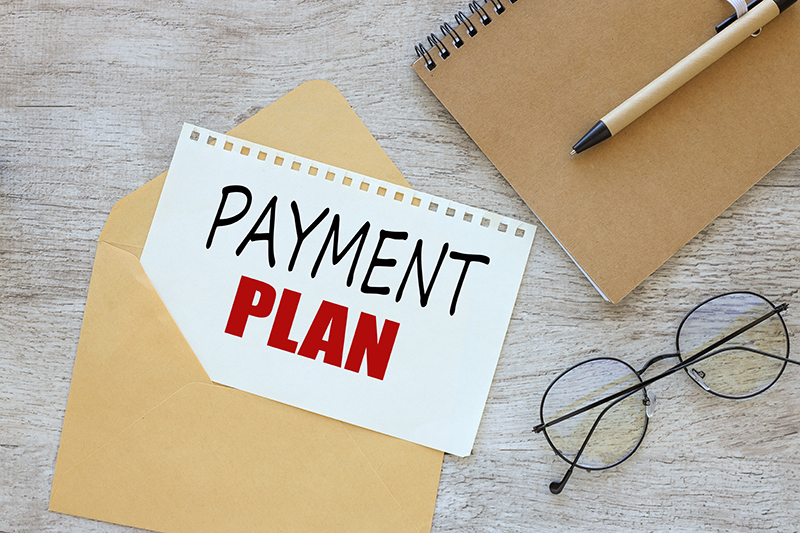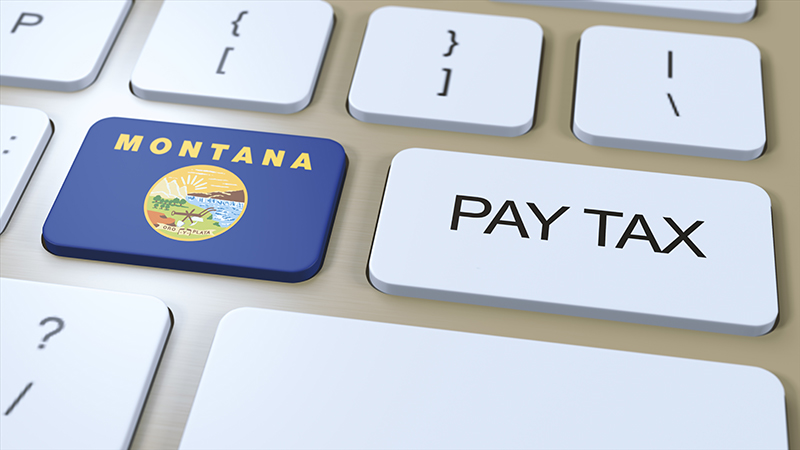IRS Currently Not Collectible Status | What You Need To Know
July, 03 2024 by Kaylie Jonutz
Do you have tax debt? Would repaying this debt cause you financial hardship? If you answered yes to these questions, you may be eligible for Currently Not Collectible status.
What is Currently Not Collectible Status?
Currently Not Collectible status is when the IRS allows you to defer tax payments until you can afford to pay. However, the IRS will continue to protect their interests and may file a lien on your assets, such as any real estate you may own.
How Do I Qualify?
You may be eligible for Currently Not Collectible status if you can show the IRS that your current expenses exceed your current income and you cannot afford minimum monthly tax payments. In the video provided at the end of this blog, Arnold van Dyk, Esq. discusses an example of a taxpayer who might qualify for Currently Not Collectible status.
How Do I Request a Currently Not Collectible Status?
Here are the steps you will need to take to submit a Currently Not Collectible status request to the IRS:
- You will need to fill out and submit ONE of the following forms:
- Form 433 A, Collection Information Statement for Wage Earners and Self-Employed Individuals
- This form is used by taxpayers who owe individual income taxes, including taxes from self-employment income.
- This form is used by taxpayers who owe individual income taxes, including taxes from self-employment income.
- Form 433 B, Collection Information Statement for Businesses
- Use this form if the tax debt is related to your business.
- Use this form if the tax debt is related to your business.
- Form 433 F, Collection Information Statement
- This form is a simplified version of Form 433-A and may be used by taxpayers who owe individual income taxes.
If you are unsure if you need to fill out Form 433-A or Form 433-F, contact the IRS using the phone number listed on any notice you might’ve received, and they can help determine which form is right for you. Alternatively, you can also use the numbers listed below.
Individual taxpayers: 833-678-7020
Business taxpayers: 800-829-4933
- This form is a simplified version of Form 433-A and may be used by taxpayers who owe individual income taxes.
- Form 433 A, Collection Information Statement for Wage Earners and Self-Employed Individuals
- Keep all documentation submitted with your claims handy because the IRS may request to review them again at a later date.
- Be ready to submit any past-due tax returns, as the IRS may request them.
After you take the above steps, you (or your authorized representative) will need to call the IRS to submit your request. If you have a notice from the IRS, please call the number provided. If you have lost your notice, call one of these numbers:
- Individual taxpayers: 833-678-7020
- Business taxpayers: 800-829-4933
What Happens if the IRS Accepts your Currently Not Collectible Status?
If the IRS approves your Currently Not Collectible status, they will suspend most collection actions against the account, including levying your financial accounts or garnishing your wages or retirement income. However, they will continue to charge penalties and interest on your account, and you will receive an annual CP71A notice listing the penalties and interest due. The IRS may also offset any future refunds and apply them to the tax owed.
Additionally, the IRS may file a lien on your assets. A federal tax lien is a legal claim against your property. For example, if the IRS imposes a lien on your home and you sell it, the IRS will have priority as a creditor and any proceeds from the sale will be applied to your tax debt first.
What Should you do if the IRS Rejects your Currently Not Collectible Request?
If the IRS determines there are ways you can pay the tax debt owed and does not place your account into Currently Not Collectible status, you may request to speak to the IRS agent’s manager. You can also appeal the decision through the Collection Appeals Program or request a Collections Due Process hearing.
If the IRS continues to deny your request during the Collection Due Process hearing, you can file a petition with the United States Tax Court. Lastly, you can also contact the Taxpayer Advocate Service for assistance.
What is the Review Process?
The IRS may review your Currently Not Collectible status eligibility every one to two years.
After these reviews are conducted, there will one of two outcomes:
- If your financial situation has improved, the IRS will decide you can now pay the tax due without it causing financial hardship, and they can start collection actions on the balance owed. At this time, you may be able to enter into an installment agreement.
- If your situation has not changed, you may remain in Currently Not Collectible status until the next review.
Assuming you filed your taxes on time and have no circumstances that extend the time the IRS has to collect the taxes owed, your debt may be written off by the IRS after ten years due to their Statute of Limitations, and any liens that were placed on your assets will be released. To learn more about this, please watch the video below; our Director of Tax Services, Arnold van Dyk, Esq., explains the process and gives an example of a situation where this may happen.

If you need help determining whether this option is possible given your current situation, please get in touch with TaxAudit’s Tax Debt Relief department immediately. After contacting us, an experienced tax professional will assist you in making an informed decision and can help guide you through the next steps!




